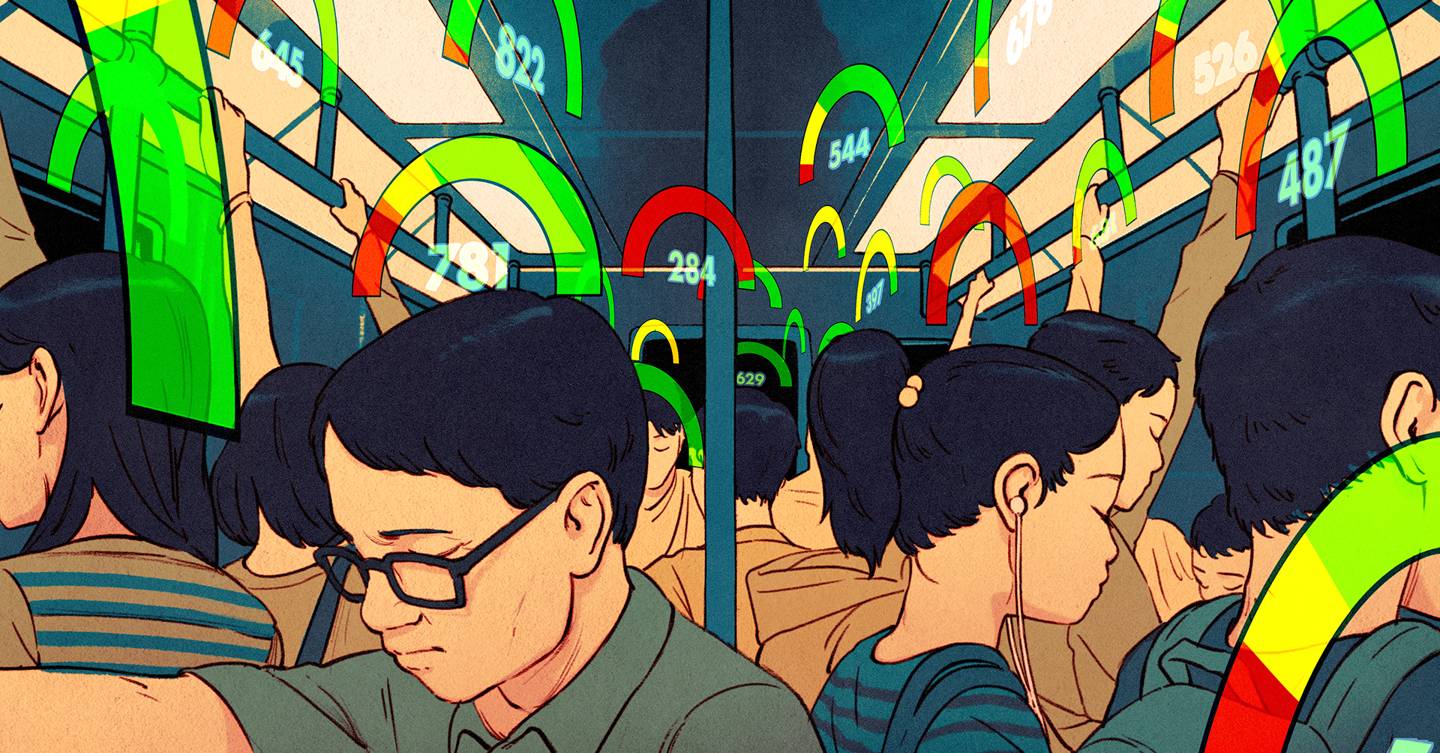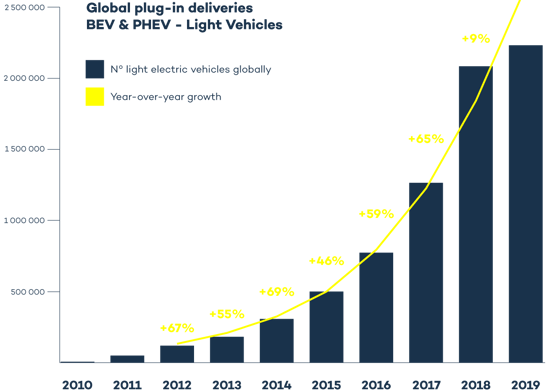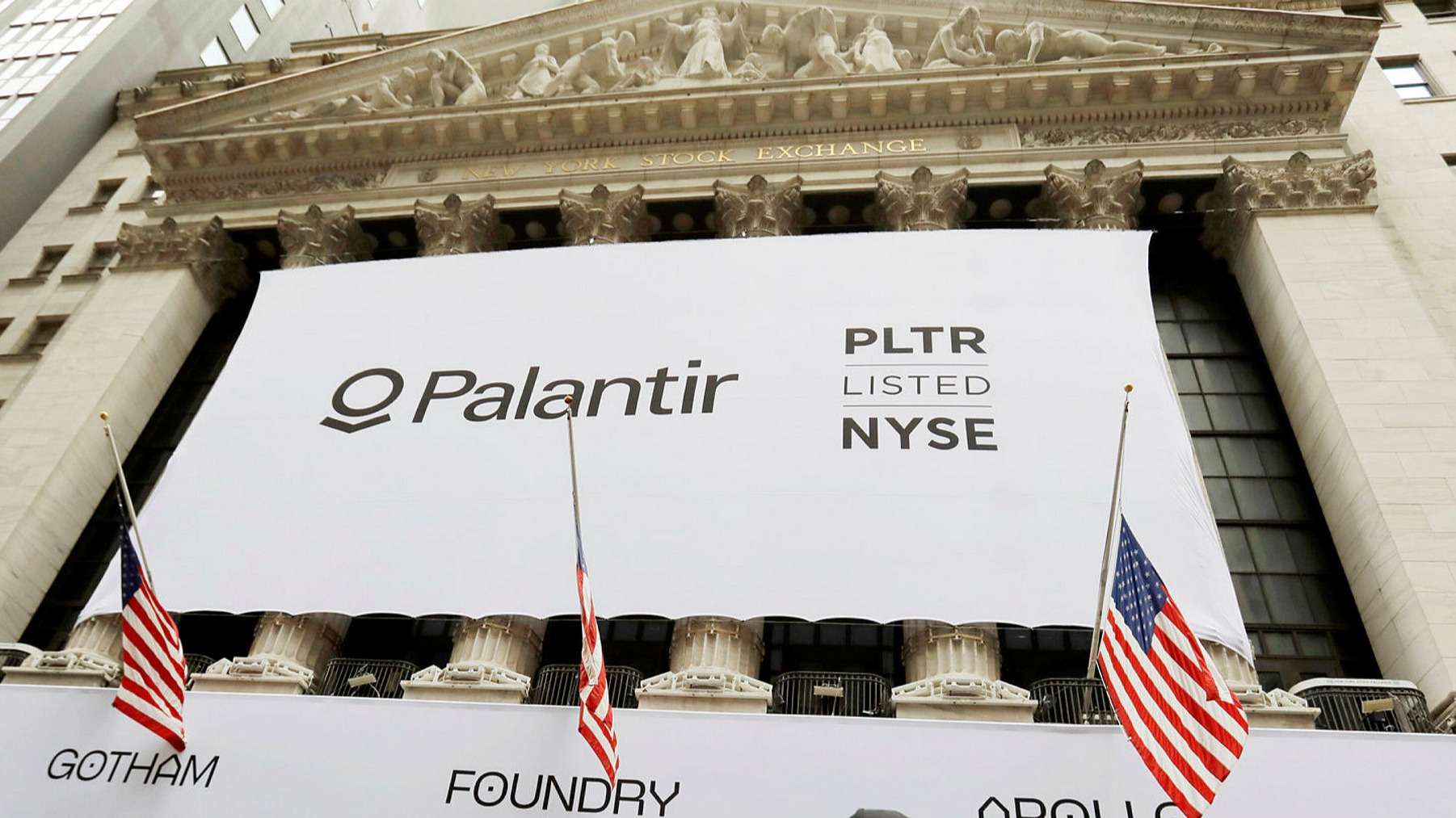consequence
I found the documentary, In the Age of AI, to be extremely intriguing; optimistic at best while frightening at worst. On the one hand, AI can throttle human development thereby increasing the quality of life for all people. However, AI can also get out of hand when the data AI requires to work is used in a way that is not good. Data is not bad in and of itself, but the primary concern I believe, which the documentary touches on quite a bit as well, is the consequence of what happens when data is not managed morally or ethically. For example, when information about a persons past get's in the way of their future success on no reasonable grounds.
Reading back over my notes, some of the most interesting things in the video were just the smaller examples. For example, it blew my mind when I saw the story about a computer outperforming the most skilled human in the game of "go" simply by being fed the "rules" of the game, and using machine learning to self teach the best way to play the game.
The documentary talked quite a bit about how China is diving in head first with implementing AI into their culture and government as a whole, epitomized at best by their new "Social Credit" system. While I am optimistic about the potential of AI (as aforementioned), I do not like nor approve of how the Chinese government is using this technology. I personally believe that the purpose of government should be to ensure its citizens they are given their constitution rights, and to protect the people. That is it. Other than that, the government should be as small as possible.
The more information you have on another person, the more they can control you. That is really scary when we think about how the Chinese (or even American) governments could use AI. It may also be scary what private companies can do with AI, but for some reason, the private sphere scares me less than the governmental sphere; I've never seen a fortune 500 company commit genocide unlike many governments have through history. Nonetheless, it's worth mentioning, as it is often mentioned in investment related material (SEC Rule 156), past performance is not indicative of future results.
Apart from talking about China, another major theme of the documentary was about jobs that will be lost because of AI. In fact, according to the video, 50% of all jobs will be automated by AI within the next 15 years. Truck drivers were the primary example used. And for me, this section of the video was fascinating to watch. While I will certainty risk coming across as insensitive here, I think we need to stop overly emotionalizing jobs that are being replaced by automation because I believe it is a hinderance to progress. If AI was not better, self driving cars for example, then why are they being developing and sold at exponentially increasing rates?
The above chart is for information we already have, the chart below is a future projection for the global EV market. Notice how the amount delivered in 2019 in the chart below is just a drop in the bucket compared to the projections for the next decade.
If you are a doctor who does cancer research, and the cancer you are working on curing is suddenly cured, I don't think it would be received well if the doctor exclaimed: Darn it! Because we cured cancer I no longer have a job! No, of course not. Even though they will have to find a new job, they should be happy that a method was found to increase the quality of life. In a similar sense, if we have the technology to making trucks and cars safer (by a massive margin), more fuel efficient, and able to deliver goods 24 hours around the clock, this is amazing and the current truck drivers should be happy that we are progressing as a society. On a personally level, of course I feel sympathy for individuals who are facing rough times because their jobs are being replaced by technology. However, as aforementioned, he should not allow the weakness of automation outweigh the strengths; especially when it's safe and allows society to function more efficiently.I personally own shares of Palantir Technologies Inc (PLTR). Palantir is an exciting company AI company who's mission is "augmenting human intelligence, not replacing it". There largest client is currently the US government (but probably not for long considering they just picked up Amazon Web Services) but is essentially a company that is using AI to increase the efficient of business operations in a variety of different ways. At the end of the day, I see this leading to better products to the consumer at more competitive (cheaper) prices.
Image Sources:
Information Sources:






Comments
Post a Comment